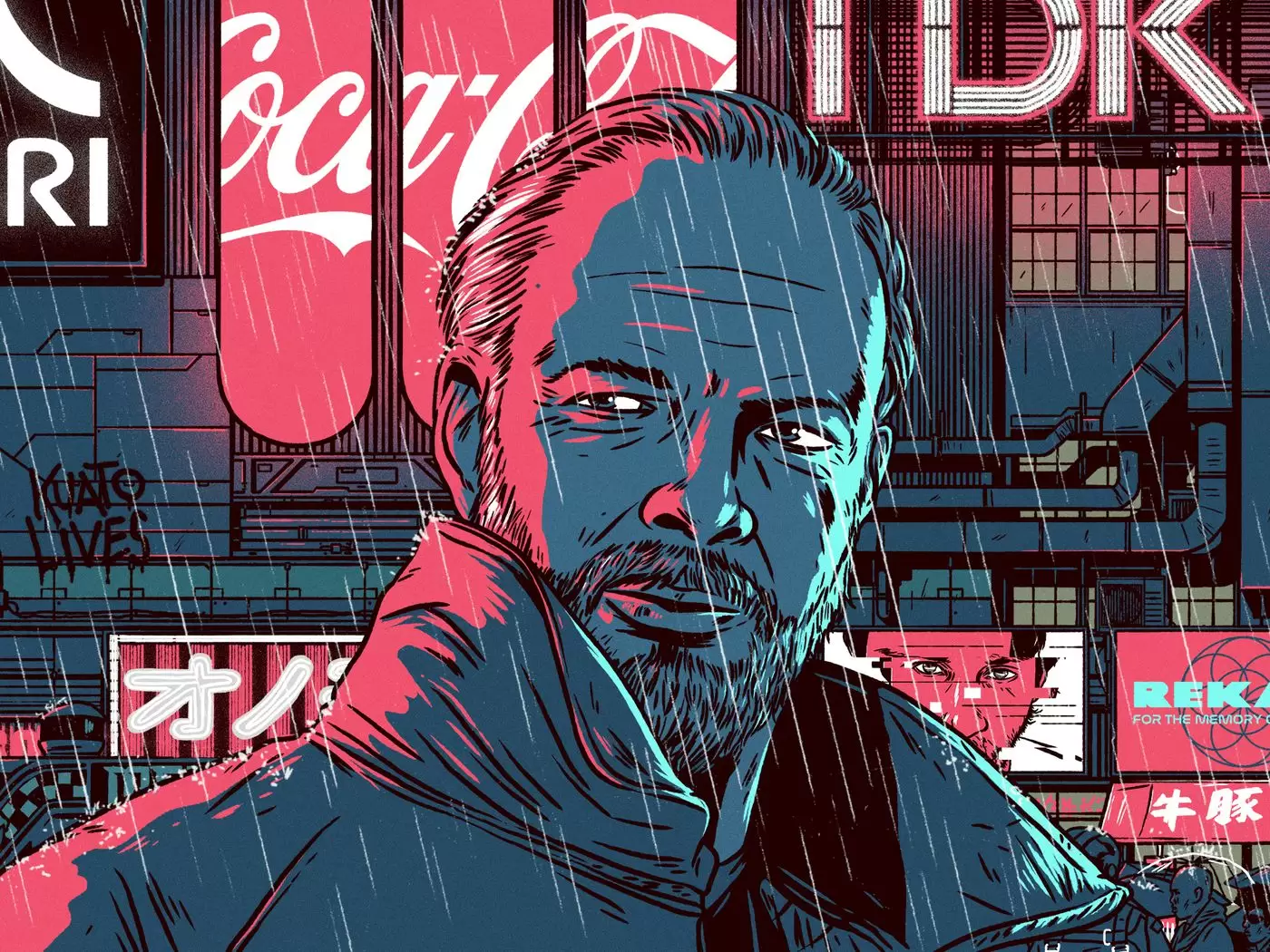Thesis: Asimov’s rules no longer apply to individuals that are part human and part robot because these hybrid creatures gained the ability to make humane rational decisions. Mira, a half human and half robot, receives her order from Chief Daisuke Aramaki While Killian was listening in on a conference, an attack broke out within the meeting room so Killian immediately involved herself, shooting the geisha-bots, which went against Aramaki’s orders After Killian disobeyed Aramaki’s orders, they had a meeting with the section 9 board where they learned that the geisha-bots were hacked by an outside source to attack, so Killian’s decision to jump in and save the Hanka Robots was the correct decision. Aramaki spoke with Killian alone after the meeting regarding her decision to jump in and informed Killian that she still has her ghost in the shell. This proves that although Killian is expected to obey Aramaki according to Issac Asimov’s rules, she made the correct decision as The M...


Comments
Post a Comment